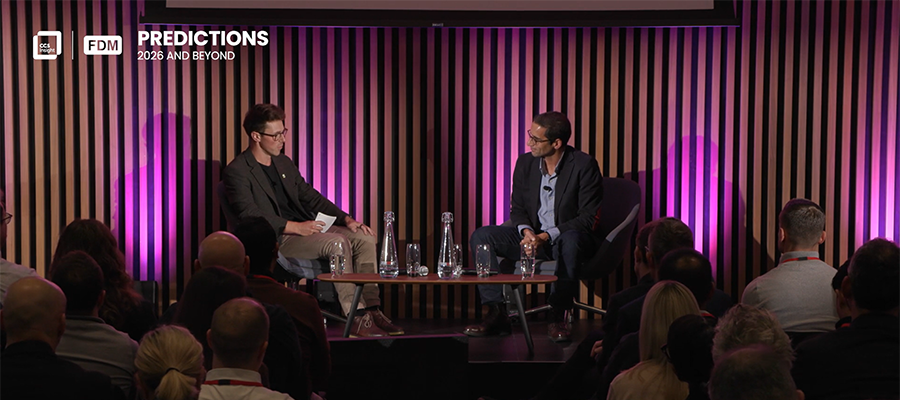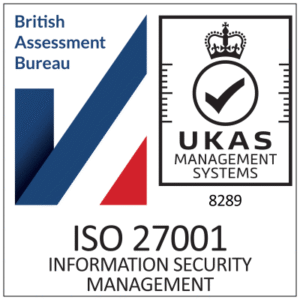
Balancing Engagement and Responsibility: Lessons from TCL
As an analyst focused on the world of connected devices, I’m always fascinated by the tension companies face in striking a balance between driving user engagement and promoting responsible behaviours.
Fundamentally, players throughout the industry share a desire to hook users on their devices and keep them engaged for as long as possible. Engagement with hardware should build loyalty, which in turn should result in repeat business. This desire for engagement is even stronger for companies with a vested interest in the software layer. For those taking a cut of every transaction made on a device, it’s even more lucrative to keep users’ attention on their screens.
But what about the responsibility that comes with this? Technology companies have mostly had a free pass until now to design hardware and software without too many barriers, but we’re beginning to see stronger regulation to restrict access to certain forms of content, such as social media or adult content, in specific markets.
Arguably, this is creating space for an approach to technology that places more emphasis on the well-being of users, especially more vulnerable groups like young people and those with challenges using technology. This was a key talking point at my recent fireside chat with David Derrida, VP of Products, Europe at TCL, during our recent Predictions event.
During our conversation, David outlined the importance of responsible use in the design and launch of its TCL Nxtpaper 5G Junior, a smartphone specifically designed with younger users in mind. TCL’s proprietary Nxtpaper display allows users to toggle between a full colour mode and a more restricted black-and-white experience, enabling what the company calls a “pure focus mode”.
The goal is to deliver a smartphone that allows users to disconnect from distracting apps and content when they need to focus on other tasks, like homework, while bringing other benefits including reduced eye strain. The advantages here certainly shouldn’t just be seen as for children; my friend and author Rosie Hopes shared her experience using Nxtpaper as a chronic migraine sufferer, finding that the technology was transformational for her.
These are just a few of the thought-provoking points that David and I touched on during our conversation, and I’d encourage you to watch our conversation in full below to learn more about TCL’s approach to responsibly designed technology.
 LinkedIn
LinkedIn
 Email
Email
 Facebook
Facebook
 X
X
